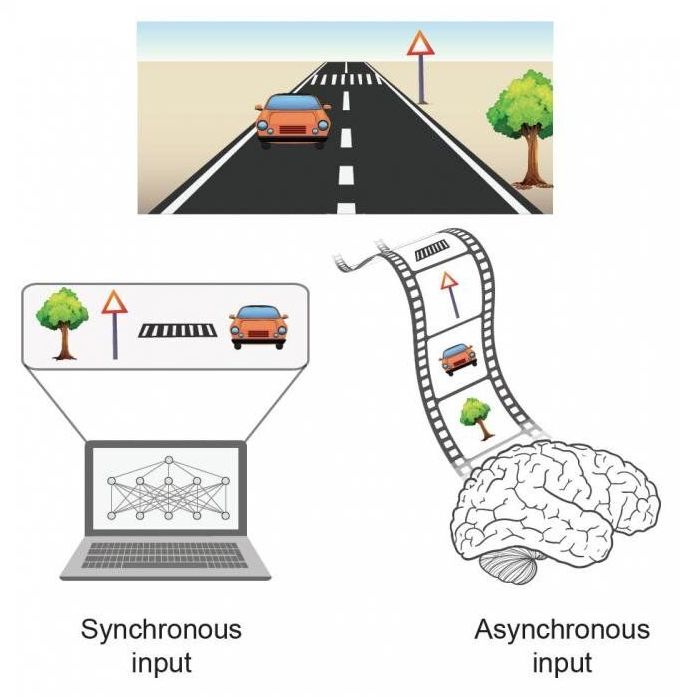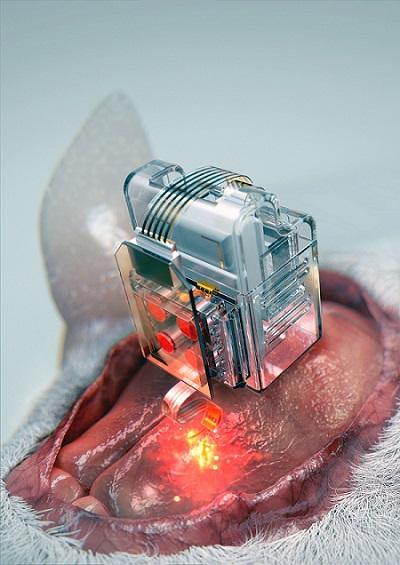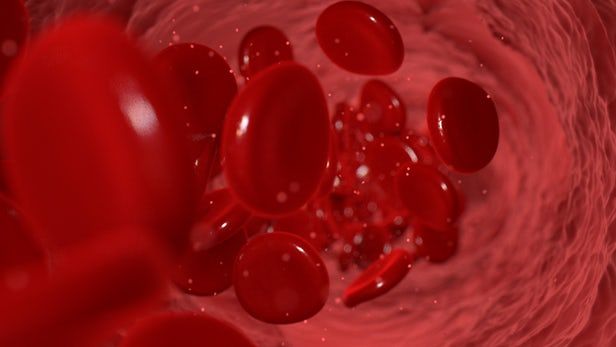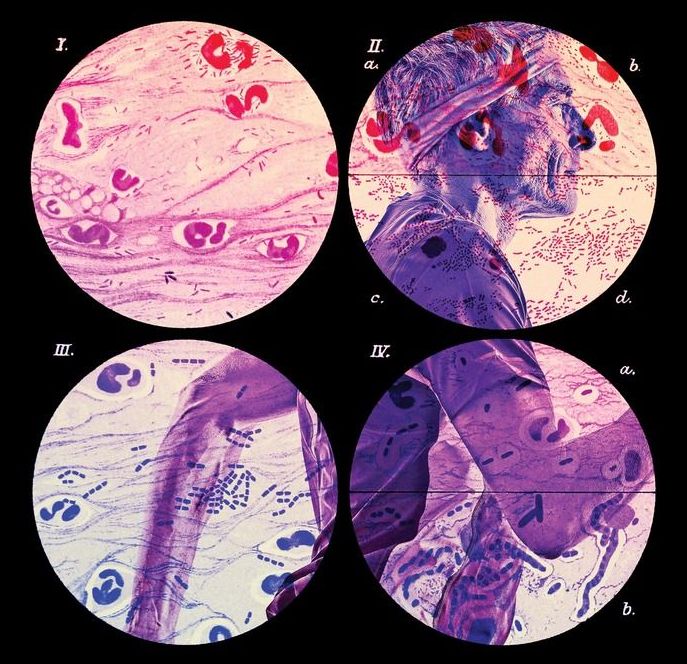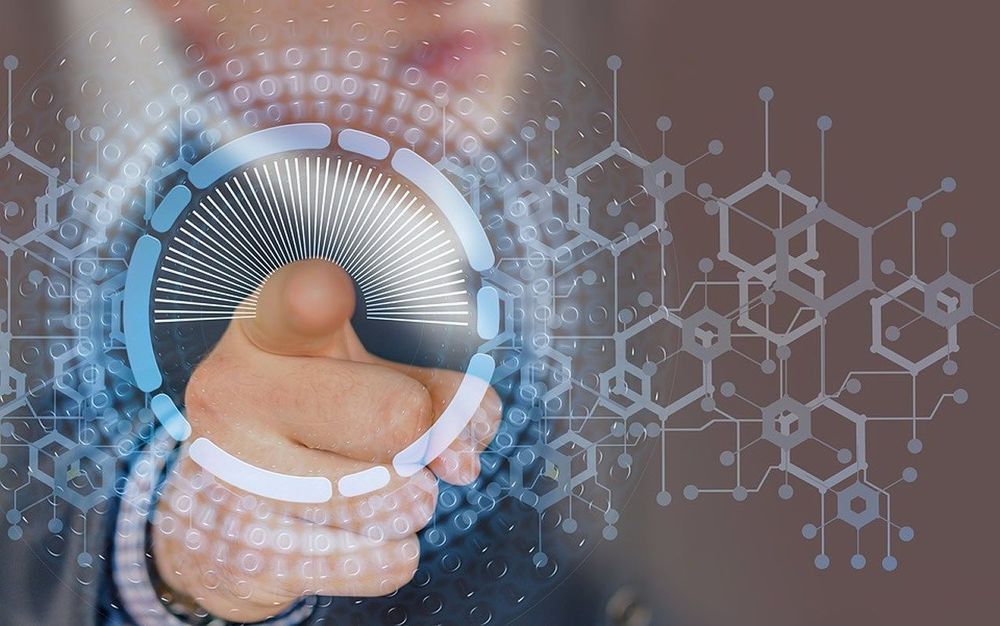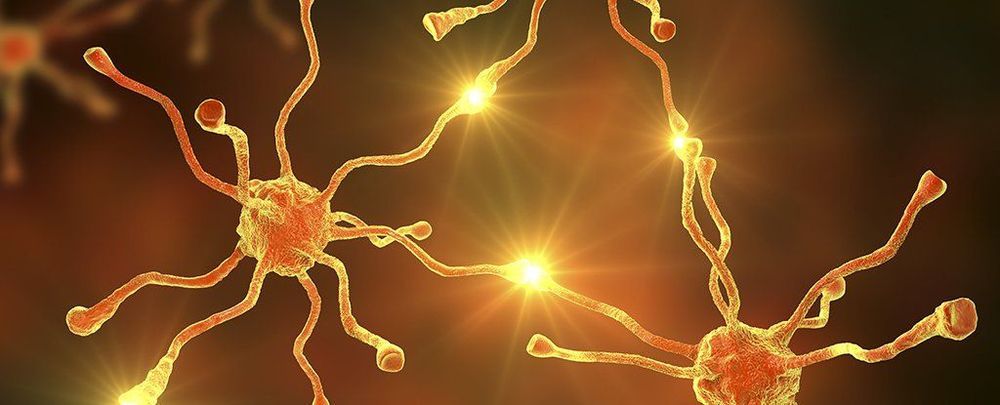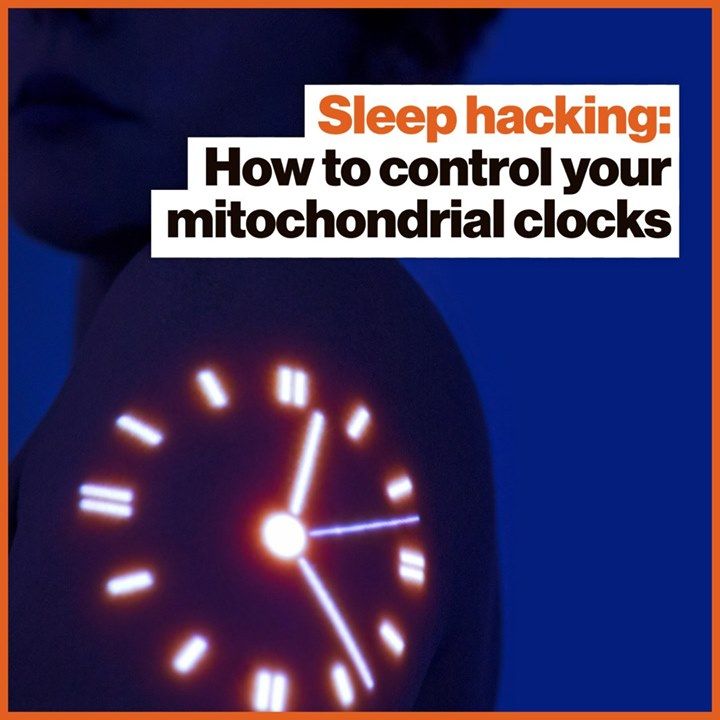Aug 9, 2019
The brain inspires a new type of artificial intelligence
Posted by Genevieve Klien in categories: information science, neuroscience, robotics/AI
Machine learning, introduced 70 years ago, is based on evidence of the dynamics of learning in the brain. Using the speed of modern computers and large datasets, deep learning algorithms have recently produced results comparable to those of human experts in various applicable fields, but with different characteristics that are distant from current knowledge of learning in neuroscience.
Using advanced experiments on neuronal cultures and large scale simulations, a group of scientists at Bar-Ilan University in Israel has demonstrated a new type of ultrafast artificial intelligence algorithms—based on the very slow brain dynamics—which outperform learning rates achieved to date by state-of-the-art learning algorithms.
In an article published today in the journal Scientific Reports, the researchers rebuild the bridge between neuroscience and advanced artificial intelligence algorithms that has been left virtually useless for almost 70 years.
